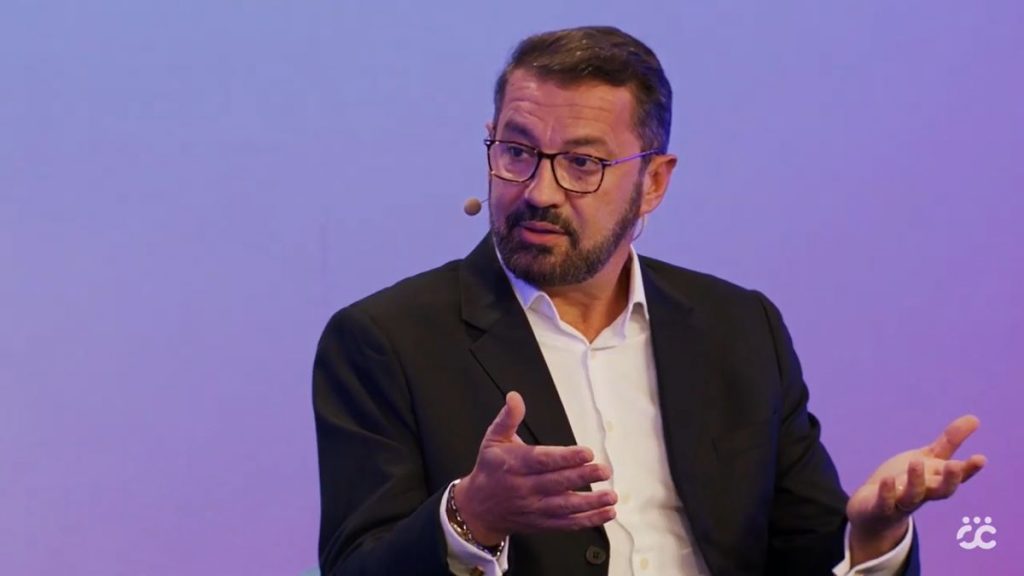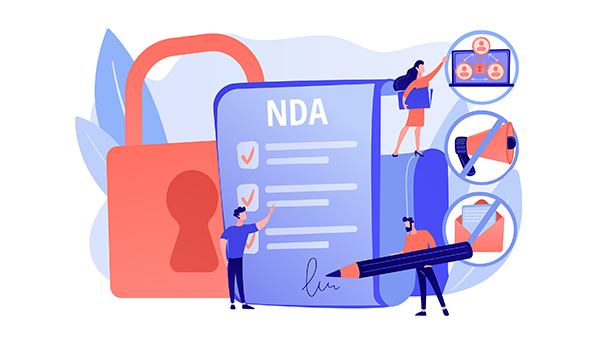The background
Xavier spent 20 years working in the banking industry and he was offered a position at PetroSaudi, a company with few assets, very little activity and, notably, a 2010 deal with 1MDB (Malaysia’s sovereign wealth fund). He took up a role in the company’s London office handling contracts with Venezuela. When informed about the 1MDB deal, it was explained to him that the sovereign wealth fund sent money to PetroSaudi which was to be invested in the oil industry. Even though impressive figures were quoted by the press, he never had access to the real numbers behind the deal.
Both parties are expected to bring something to a joint venture and Xavier explained that while 1MDB were bringing billions of dollars, PetroSaudi relied on artificial assets in the form of oilfields in Turkmenistan. Despite being a director in the company, he only discovered much later that the oilfields were a scam enabled through a farming agreement.
During his time in London, Xavier became uneasy with vast sums money getting passed around. Patrick Mahony and Tarek Obaid of PetroSaudi received nearly $200 million in commissions and he wanted no part in the partying and behavioural excesses that followed. Regular private jet usage and fine dining where only the most excessive items would suffice became an uncomfortable routine. After a dispute related to the lavish conduct, Xavier left the company in April 2011, though he had not noticed anything illegal up to that point.
Blowing the whistle
His suspicions were heightened after a series of luxurious property acquisitions by his former colleagues, and it later turned out that $1.5 billion had been diverted from 1MDB to PetroSaudi. He received a copy of the organisation’s server from a friend in the IT department shortly after parting ways with the company. After moving with his family to Asia, Xavier found 227,000 emails on the hard drive, a volume of information that would take a lifetime to check.
Nevertheless, he quickly noticed some unusual documents and this prompted him to meet journalist Clare Rewcastle Brown in Bangkok. She frequently reported on Malaysian corruption and they swiftly uncovered disturbing information. Xavier later handed it all over to specialised investigative journalists in Singapore for free.
Expanding on his motivation, Xavier explained to Philip how this massive corruption machine was stealing money from poor people. He called attention to the affluence of Kuala Lumpur where he saw more Lamborghinis than in London or Geneva and how it contrasted with the low living standards found outside the Malaysian capital. A sovereign wealth fund is used to improve conditions in a country but Malaysia’s was being used for parties, yachts and private jets.
Retaliation, arrest and surviving Thai prison
Xavier felt he was immune to any consequences as he lived in Thailand at the time and he explained that one of his biggest mistakes was thinking there were borders, even though billions of dollars were involved in the scandal. He was arrested on June 20, 2015, in Koh Samui, Thailand, where he was treated like a high-profile criminal.
Xavier initially refused a deal to confess but later felt it was his only option after spending several days in traumatic conditions in a Thai prison. He was forced to admit the PetroSaudi and 1MDB deal was legitimate, forced to incriminate himself and forced to say he was politically motivated. He was still sentenced to three years in prison, a hellish experience.
“In a Thai prison, you sleep on the ground like a dog. It’s overcrowded – 50 people are in a 40 square meter space. It’s 45 degrees. 50 people use a single basket of water. The conditions are unimaginable. I wanted to die after a week”. As horrible as the conditions were, Xavier was given strength by diplomatic visits and his eight-month-old son. He had something to fight for.
Release and struggles
As is often the case for whistleblowers, retaliation and punishment is only part of the overall experience and Xavier’s ordeal was no different. He testified as part of a Swiss investigation into PetroSaudi before Switzerland opened an industrial espionage inquiry into his role leaking data to the press, a development that has shaken his faith in the justice system in his home country.
Philip called attention to the fact that whistleblowers with limited assets have to fight organisations with unlimited resources and that a democracy should make an unequal legal contest fair. This aspect of the discussion was underscored by the fact that Xavier stated that he was accompanied by his lawyer while providing his testimony against PetroSaudi while his former employer was able to bring five legal professionals. He added that he now regrets going it alone and recommended for other potential whistleblowers to consult lawyers specialised in the perils of speaking out.
When asked by Philip what he would have done differently, Xavier firmly responded that he would do the same again because that is who he is. Getting emotional, he said that he is bankrupt, that they stole a year and a half of time with his son and that his life is a daily struggle. He hopes he can pay his rent at the end of the month.
Final thoughts and future prospects
Xavier described what he did as having integrity and he likened it to an accident, saying that you either have to either help or walk away. You have the choice to intervene and he wanted to do something good. When asked about his future prospects and what lies ahead, he explained that has a book about his experience in the pipeline and that potential employers should view him as an asset rather than a liability.
The discussion came to a close with Xavier reflecting on what has changed 35 years on from the start of his career in banking. He remarked that anybody could have gone into a bank in Switzerland in 1987 with bags full of cash, blood still inside, and opened an account without too many questions being asked. Over three decades later, there are countless regulations, companies have compliance officers but have there been any changes and fewer financial crimes?
For Xavier, the answer to that question is a resounding no and he thinks that the list of financial crimes has only gotten bigger. When asked by if extensive regulations can be counterproductive, he said that we can have all the regulations we want but without the people to apply them, they are going to fail.
Whistleblowing Laws in the European Union
A glance at the implementation of the EU Whistleblowing Directive in EU Member States









